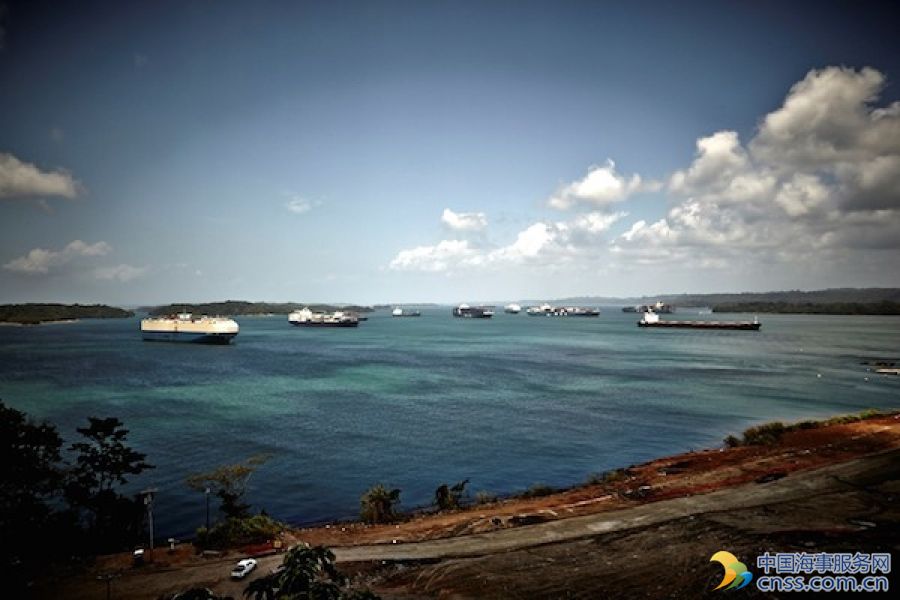Australia’s thermal coal miners look to plug coking supply gap

Australia’s thermal coal producers will look to plug the supply gap in the coking coal market after Cyclone Debbie disrupted supplies from Queensland by modifying their thermal supplies to meet steelmakers needs.
Thermal, or steam, coal miners may try to take advantage of the large price gap between so-called semi-soft coking coal and steam coal, said industry sources on Friday. The semi-soft settlement price for first quarter term shipments stood at $130 a tonne versus a thermal price of just under $90..
Thermal coal can be sold as semi-soft coking coal, which can be used in steel making, after it is washed to reduce the ash content. The practice results in a lower yield and is typically only happens when the price spread is great enough to cover the loss of volume.
“The price spread is definitely there, and do we expect to see switches to semi-soft? Absolutely,” said the chief executive of a large coal mining company. “It’s inevitable that we’ll see more semi-soft coal hitting the market given where prices are headed.”
His company operates near Queensland’s Bowen Basin mines but was spared the impact of Cyclone Debbie, which flooded rail lines that disrupted hard coking coal exports from the state, which is Australia’s biggest producer of coking coal.
Most of semi-soft these sales will come from Hunter Valley collieries located some 1,600 kilometres (1,000 miles) south of the cyclone’s impact zone in New South Wales, where lower-ash thermal coal is already mined in abundance, typically to supply Asian power generators, said the executive.
Other producers, such as South 32 and Peabody Energy are already mining coking coal and are also positioned outside the cyclone zone in New South Wales.
Those supplies could then be exported from the port of Newcastle, the world’s biggest export terminal for thermal coal, untouched by Debbie.
Most steelmakers would blend the semi-soft coking coal with prime hard coking coal to achieve the required amount of coke.
Coal is converted to coke in a furnace to remove the oxygen from iron ore to make steel.
In the meantime, negotiations for second-quarter supplies between the major Australian coking coal miners, including BHP Billiton, Mitsubishi Corp and Anglo American and Asian steel mills have been postponed until a clearer assessment emerges of the damage to rail lines in the Bowen Basin, said Marian Hookham, coal analyst at consultancy IHS.
Rail operator Aurizon Holdings Ltd on Friday said there was no change to the five-week repair schedule for the major Goonyella line that connects into the Dalrymple Bay and Hay Point Coal terminals.
“It could be weeks before negotiations resume and until then anything goes as far as price until then. Just how much of a shift by those producers that can into the semi-soft market will depend on how quickly things return to normal,” she said.
Premium hard coking coal was priced at $285 per tonne under the first quarter contract, while spot sales are fetching about $240.
Source: Reuters (Reporting by James Regan; Editing by Christian Schmollinger)
HEADLINES
- Do shipping markets want Biden or Trump for the win?
- All 18 crew safe after fire on Japanese-owned tanker off Singapore
- Singapore launching $44m co-investment initiative for maritime tech start-ups
- Cosco debuts Global Shipping Industry Chain Cooperation Initiative
- US warns of more shipping sanctions
- China continues seaport consolidation as Dalian offer goes unconditional